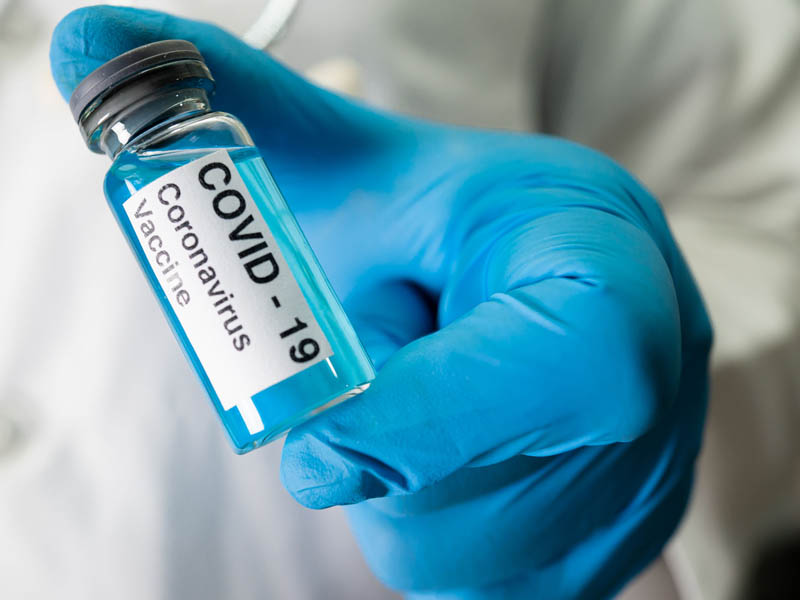Academy Urges Prioritizing Primary Care in Vaccine Rollout
January 15, 2021 8:34 am News Staff — When it comes to rolling out COVID-19 vaccines, the Academy’s message to federal and state officials is simple but urgent: Help us help you.

“We call on the federal and state governments to take appropriate actions to prioritize community primary care physicians and their practices in vaccination strategies,” the AAFP told HHS Secretary Alex Azar in a Dec. 23 letter.
States should likewise “immediately facilitate the inclusion of community primary care physicians and their practices in vaccination strategies,” said a letter sent the same day to the National Governors Association and signed by the Academy alongside 21 other health care and medical groups.
Both letters also strongly advocated for vaccinating primary care physicians, in keeping with guidance from the CDC’s Advisory Committee on Immunization Practices.
New York Gov. Andrew Cuomo, a Democrat, and Arkansas Gov. Asa Hutchinson, a Republican, are the chair and vice chair, respectively, of the NGA. CDC data show both of those states are among the eight with the highest surge of COVID-19 cases over the past week. Among that letter’s co-signatories were the American Academy of Pediatrics and the American College of Physicians.
The possible consequences for shutting primary care out of the process also are simple and very serious, the Academy warned.
“Failure to meaningfully incorporate primary care into distribution and education efforts will jeopardize the ultimate success of vaccination strategies,” said both letters, noting that such an omission would ultimately compromise the safety of patients who are seeking care for COVID-19 and non-COVID health issues.
Since last month’s approval of two vaccines against COVID-19, distribution of promised millions of doses has been widely criticized as being slow and hobbled by bureaucracy. While the pandemic’s infection and mortality rates continue to rise, federal health authorities admit they are playing catch-up.
AAFP EVP/CEO Shawn Martin has been among those calling for a course correction — one that includes community-based family physicians in distribution efforts as well as in line for their own swift vaccinations.
“Generally speaking, unaffiliated community practices are having tremendous challenges obtaining vaccines for the physicians and care teams at those sites,” he told Fierce Healthcare in a story published Jan. 7. “There are some large health systems that are collaborating with community physicians to provide access to vaccines, but for physicians not aligned with a health system or hospital, as a general rule, they are having a high degree of difficulty.”
Martin told Medical Economics on Jan. 4, “Vaccinating these primary care physicians and their care teams helps protect not only them, but patients who have health care needs that require in-person care. The problem of making sure these physicians can all get vaccinated isn’t resolved yet — and it needs to be.”
(With this in mind, the Academy this week updated its “Medical Learner Safety and Wellness During Pandemic Crisis” policy to specify that, in clinical settings, “medical students should be considered part of the essential health care team and, along with other health professionals, be given access to vaccines and other protective measures in an early phase of vaccine administration.”)
Primary care physicians, the Academy and its co-signatories told the NGA in their letter, “will be counseling hundreds of thousands of patients on the importance of getting vaccinated without a clear way to connect their patients to the vaccine. Clear communication and coordination with community-based primary care will be critical to your success of widespread vaccination.”
A similar state-centered call to action is the focus of a current AAFP Speak Out advocacy campaign.
States also should “establish a single, easily accessible source of information where the public and health care workers can access information about testing and vaccine locations,” the groups wrote. They added that shortage of personal protective equipment remains an issue and called on public health agencies to “establish clear protocols for how primary care physicians and their practices can request and obtain PPE in the event of a shortage.”